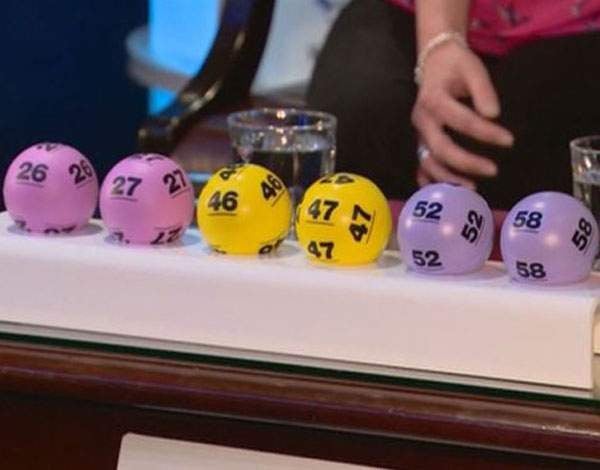
From charity to tax and unexpected bankruptcy, Hannah Blakey on the do’s and don’ts of lottery winning
A record-breaking Lotto jackpot prize of £33,035,323 has still yet to be claimed from a ticket bought in the City of Worcester.
Although Worcester-resident Susanne Hinte has been unmasked as a potential claimant by the national media after reportedly accidentally washing the winning ticket in the pocket of a pair of jeans, National Lottery players are still being urged to check, double-check and triple-check their tickets.
It is certain that winning such a sum would be a life-changing experience. ‘When I win the lottery I’ll…’ is something most of us have said – or at least thought – but what should you do if the unimaginable happens and you hit the jackpot?
The first step (once the news has sunk in) will be to consider your family’s future needs. With a seemingly endless supply of cash in your bank, there will be a strong temptation to splurge. However, before the shopping sprees begin, it will be essential to consider how sensible planning can maximise your new-found wealth.
If you are not retired, you may consider topping up your pension. From 6 April 2016, the pension ‘annual allowance’ for high earners (that is, with taxable income in excess of £150,000) reduces on a sliding scale down to as little as £10,000. So, if your windfall appears in the next couple of months, it may be worth considering making the maximum possible contribution before 5 April 2016 while the old rules still apply.
If you have children or grandchildren who you would like to benefit, you may consider setting up trusts to cover their future school fees. Anyone can make a gift into a trust of up to £325,000 (under current rules) without an immediate charge to inheritance tax – although if you die within seven years there could be tax charge. If you would rather make outright gifts, for maximum tax efficiency, these should either be within your annual gift limit of £3,000, or be a regular gift out of your excess income. Either of these will be free of inheritance tax.
Once your family are adequately provided for, you may consider charitable giving. Gifts to UK (and qualifying EU, Icelandic, Liechtenstein or Norwegian) charities are free from inheritance tax and, for higher or additional rate taxpayers, Gift Aid allows you to claim the difference between the rate you pay and basic rate on any donation.
Whatever your age or circumstances, signing a Will that reflects your current wishes is an essential step.
With your sensible planning put in place, the final step will be to consider how to spend your “fun fund”. But what to buy? One option would be to consider investing in “wasting assets” – items classed as having a normal predictable life of less than 50 years – any gain on which is exempt from if you give them away or sell them later in life. These can include old clocks and watches, racing cars, racehorses and most fine wine.
There are endless stories of people who have won millions only to end up in a worse financial situation than they were before they received their windfall. However, if you plan well and control the urge to spend lavishly, your jackpot win may provide you with financial security and comfort for many years to come.
Hannah Blakey works at boutique private wealth law firm Maurice Turnor Gardner






